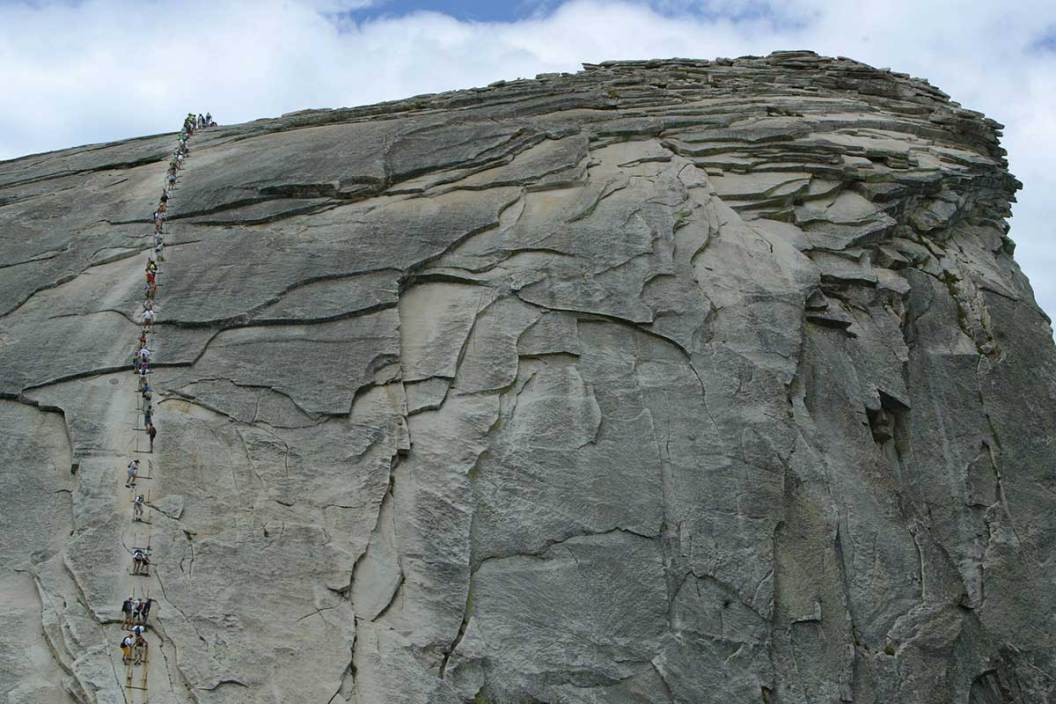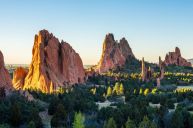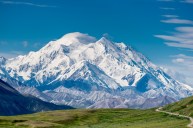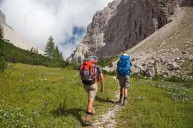These mountains have killer hikes - literally.
Hiking and mountain climbing offer a thrill unlike no other, but this thrill can come at a serious cost.
Although there is no official comprehensive database of mountain deaths in the U.S., some statistics are available, so here we present the most deadly mountains in the lower 48. Take care out there!
Mt. Rainier, Washington
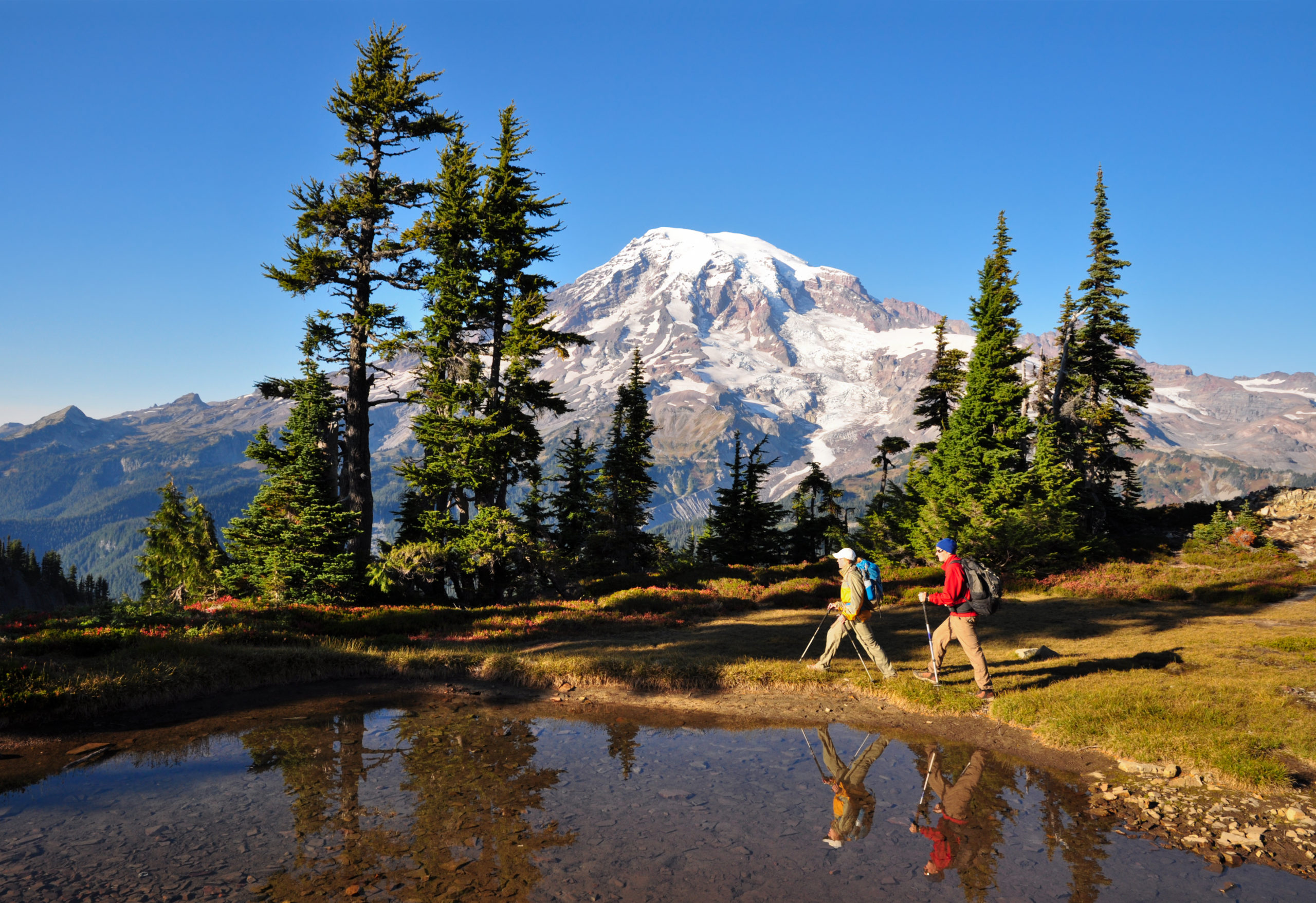
thinair28/Getty Images
Height: 14,411 feet
Deaths: 400
This peak in the Pacific Northwest is lined with icy glaciers and deep crevasses that take out on average two mountaineers every year. Every climbing route on this mountain requires the ability to use crampons, harnesses, and ropes, from the "easier" routes to the Grade IV Liberty Ridge Route. Most of the fatalities here are due to avalanches and rockfalls.
Longs Peak, Colorado
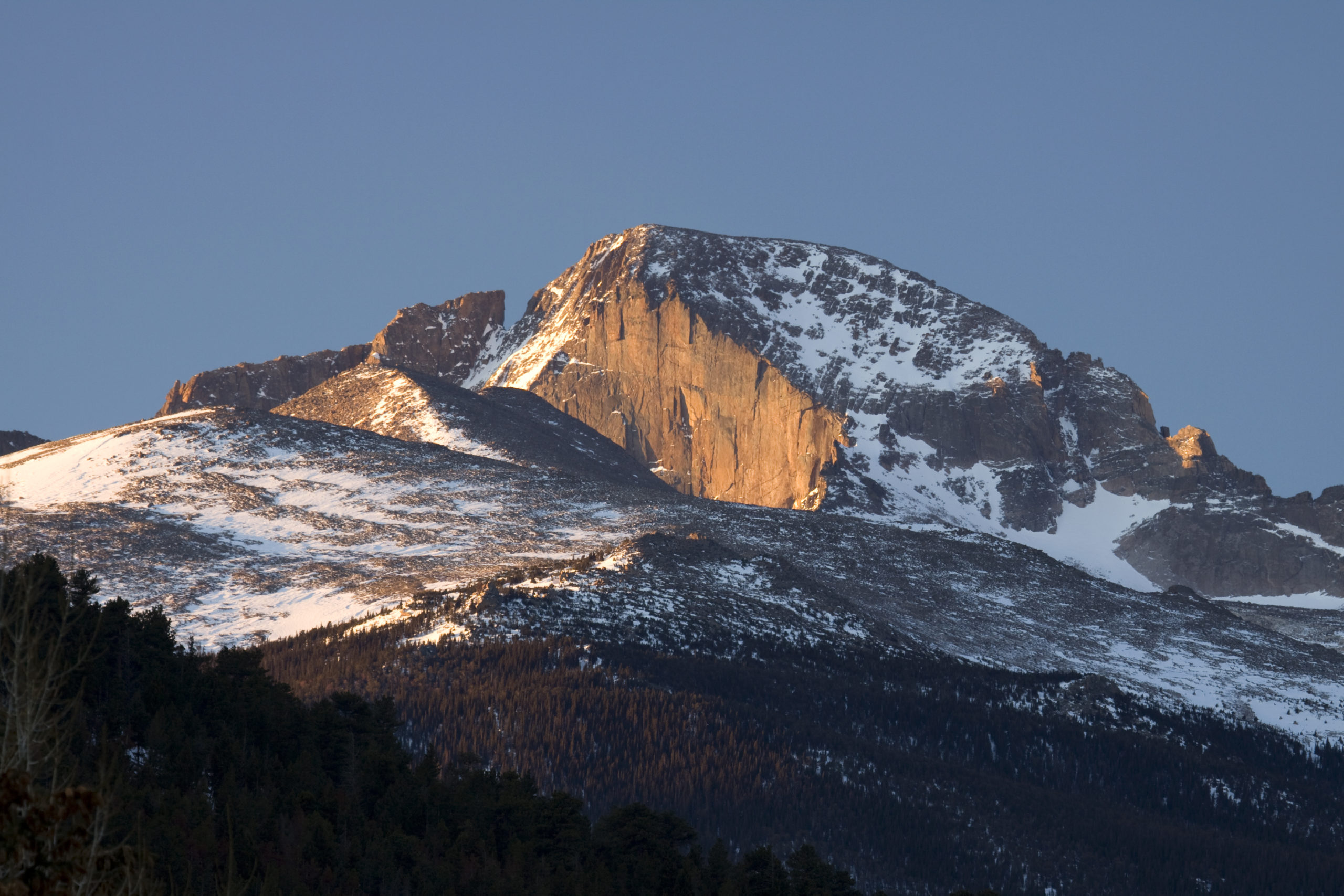
milehightraveler/Getty Images
Height: 14,259 feet
Deaths: 62
The only one of Colorado's 96 "14ers" in Rocky Mountain National Park, Long's Peak draws thousands of hikers and mountain climbers every year thanks to its easy accessibility. Those attempting the 5,100-foot, 16-mile trek must leave before 3:00 a.m. and watch the weather closely - thunderstorms come quick and fierce and lightning often strikes the peak.
Mt. Washington, New Hampshire
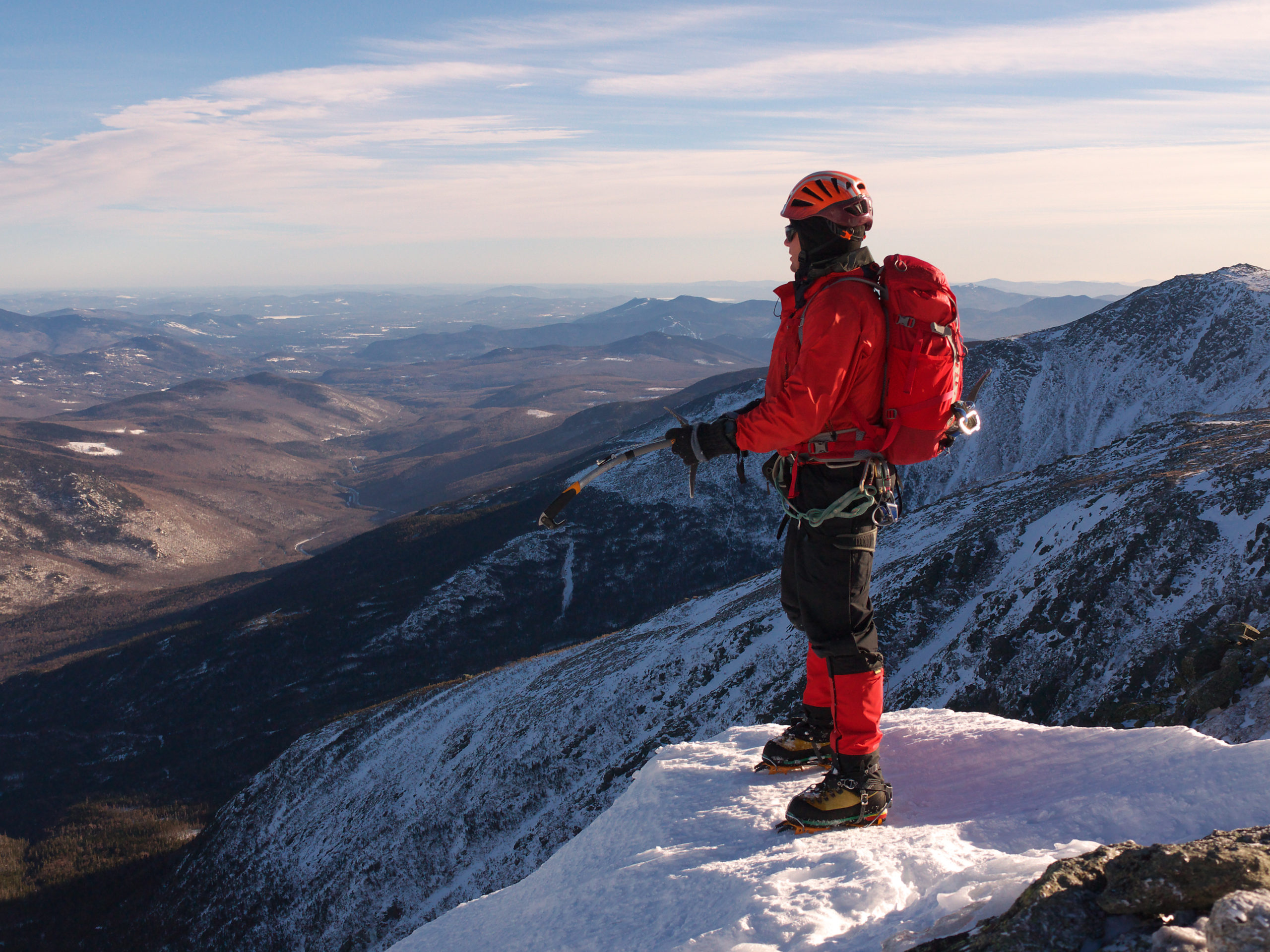
deleinus/Getty Images
Height: 6,288 feet
Deaths: 161
While not the highest peak on this list, New Hampshire's Mt. Washington is one of the most treacherous small mountains in the world. Not because of the altitude but because of the weather: it's where the highest wind velocity was ever recorded, at 231 mph! The landscape here funnels incredible wind and is home to storms that can arise at any unexpected moment. It is no surprise most of the deaths here are from hypothermia, and if you go with the wind instead of against it, 60 mph gusts have been known to carry hikers right off the edge of a cliff.
Mt. Baldy, Southern California
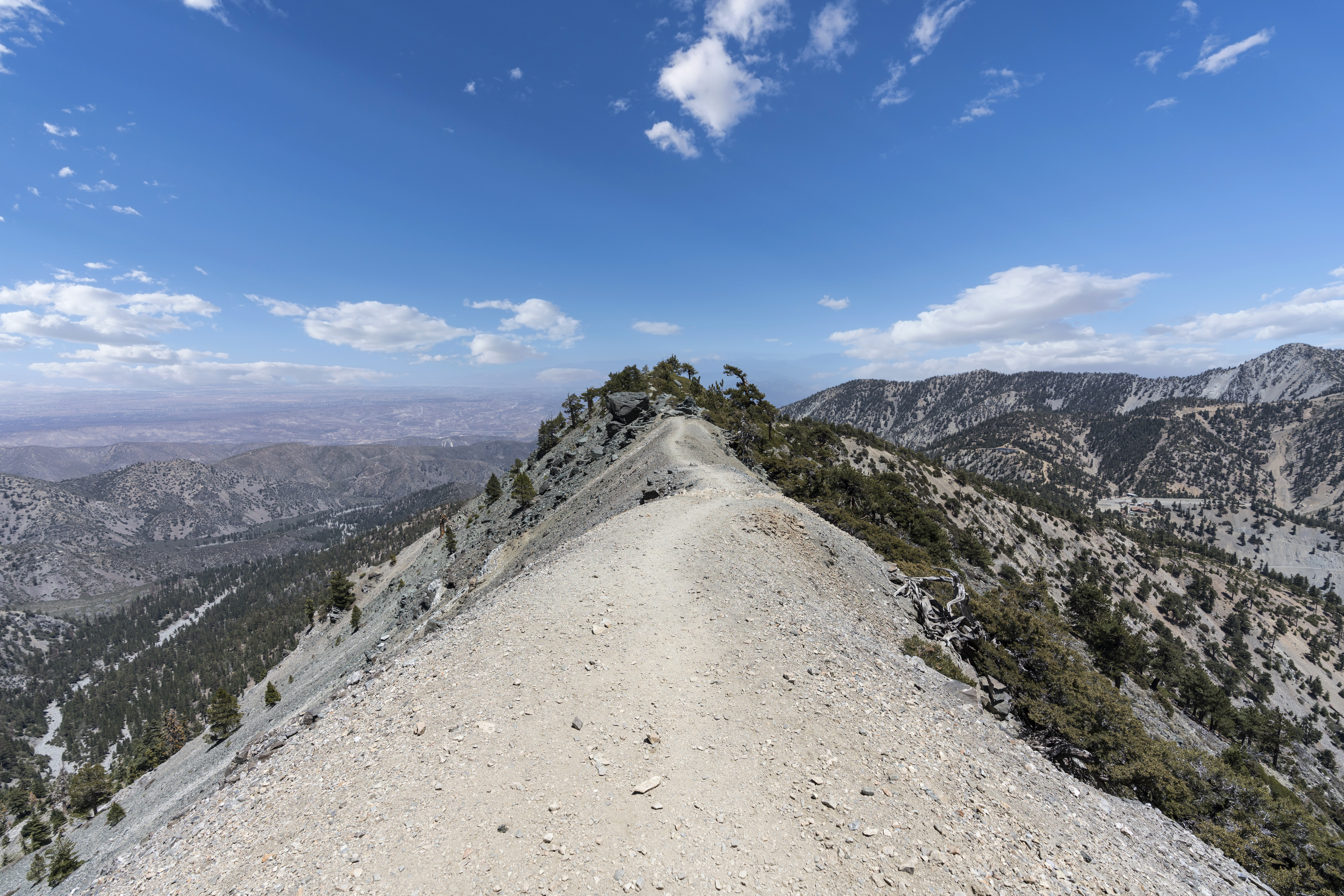
trekandshoot/Getty Images
Height: 10,066 feet
Deaths: Unknown
Mt. San Antonio, better known as Mt. Baldy, is Los Angeles' highest peak and provides a pretty, snow-capped backdrop to the big bustling city. Unfortunately, it's also quite deadly. Popular with skiers in the winter and hikers in the summer, temps here are usually 35 degrees colder than at sea level. Though deaths are not officially recorded, many hikers and climbers have lost their lives or needed to be rescued from the narrow trail ridge (pictured) aptly named "The Devil's Backbone." In 2017, a hiker who'd summited the peak 700 times lost his life when he slipped and fell hundreds of feet.
Half Dome, Northern California
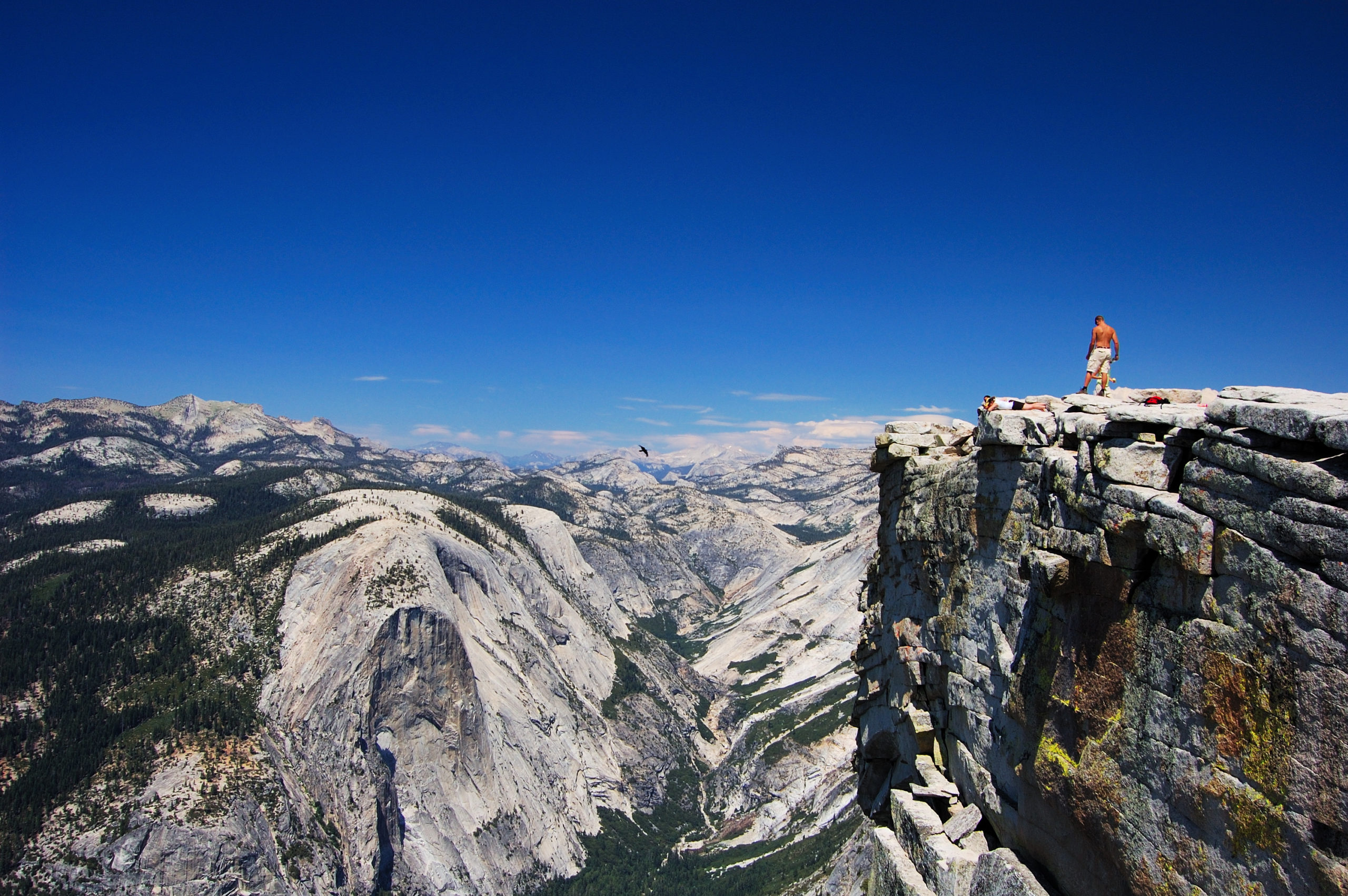
paule858/Getty Images
Height: 8,844 feet
Deaths: At least 20
Yosemite itself sees some 10-12 deaths every year, and over the years some 20 people have died climbing Half Dome - that number jumps to 60 if you include the 8.6 mile trail of switchbacks leading up to it. A "ladder" of cables and poles leads up the last 400 feet to the top. In 2019, a woman fell off the ladder 500 feet to her death as other climbers tried to grab her. Officials there believe the difficulty getting a climbing permit encourages people to take risks since they might not get a second chance at this phenomenal view.
